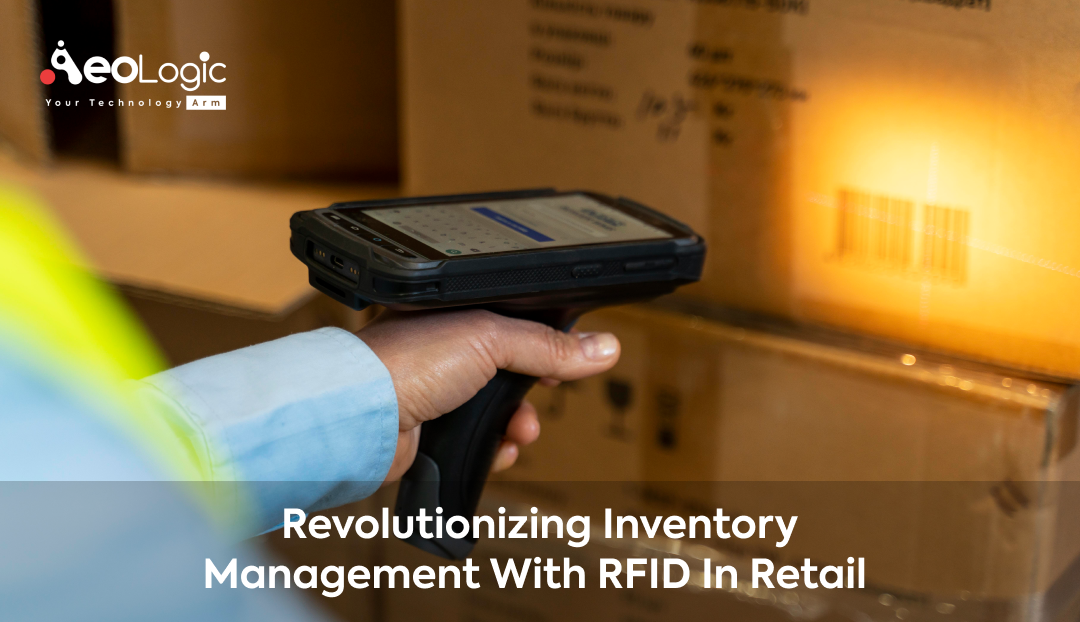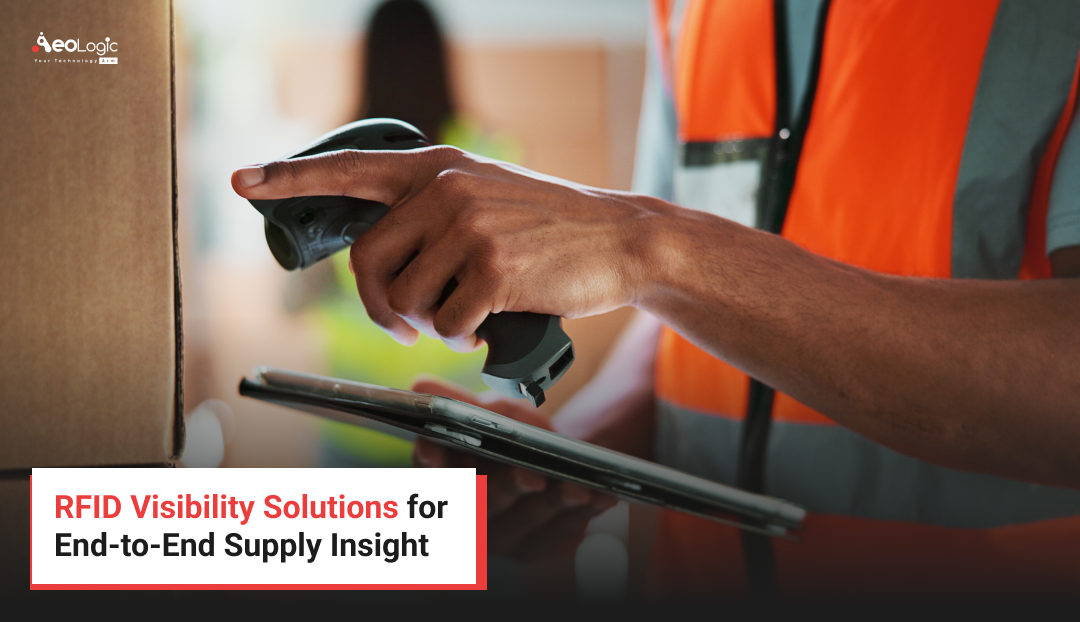Radio frequency Identification (RFID) technology has converted the retail assiduity and retail supply operation by furnishing a more effective and accurate way to track and manage inventory. It involves attaching RFID markers to products, which can be read ever using RFID readers. In this composition, we are going to explore the revolutionizing inventory management with RFID in retail industry.
Also read: RFID for Asset Tracking and Inventory Management
How Has RFID in Retail Changed Retail Inventory Management?
Radio frequency Identification RFID in retail industry has had a significant impact on retail supply operation including:
Real-Time Visibility
RFID provides real-time visibility into supply situations. Traditional barcodes bear line- of- sight scanning, which can be time- consuming and labor intensive. RFID, on the other hand, allows for bulk-scanning and tracking of multiple particulars simultaneously, adding both the speed and delicacy of supply operation.
Automation
RFID in retail enables automation in different aspects of supply operation. For illustration, when particulars are tagged with RFID, they can be automatically scrutinized as they pass through RFID readers at different points in the supply chain, from the manufacturers to the retailer. This reduces the need for manual intervention and decreases the liability of human error.
Faster Replenishment
RFID in retail allows retailers to quickly identify when stock situations are low and reduces the threat of lost sales due to out- of- stock situations.
Streamlined Audits and Stock Takes
Traditional supply checkups can be time- consuming and disruptive. With RFID, the process can be streamlined, as large amounts of particulars can be quickly scrutinized and conformed with the digital supply records.
Data Analytics and Perceptivity
RFID technology generates a wealth of data about item movement and consumer behaviour pattern. Retailers can use this data to gain perceptivity into client preferences, optimize store layouts and make further informed opinions about supply operation and restocking.
Reduced Costs in the Long Run
While enforcing RFID technology originally requires an investment in structure and markers, the benefits gained in terms of bettered effectiveness, reduced labor costs and dropped supply holding costs can lead to significant savings over time.
What Challenges Do Retailers Face with RFID Technology?
While RFID technology offers multitudinous benefits for retailers, it also comes with its own sets of challenges.
Initial Investment
Enforcing RFID technology requires a significant outspoken investment in structure, including RFID readers, RFID software and RFID markers. Some small scale retailers may find barcode to be a further suitable option.
Integration with Present Systems
Integrating RFID technology with being supply operation, point- of- sale (POS) and other systems can be complex. Systems integrators are a great resource if this is an issue with an RFID installation.
Tagging Complexity
Applying RFID markers can be labor intensive and time- consuming. It’s important to choose the right label for the operation to insure particulars won’t have to be retagged.
Environmental Factors
Certain environmental conditions, for example, liquids or metals can intrude with RFID signals. For these circumstances, there are technical RFID markers like the Universal Eco-Mini RFID Tag.
Reader Collision
In surroundings where multiple RFID readers are present, there can be hindrance or “collision between signals,” leading to inaccurate readings. This may be another case when it’s good to bring in a systems integrator.
Overall, while RFID technology offers significant benefits, retailers need to precisely consider and address these challenges during the planning and perpetration stages to maximize its effectiveness.
How Do Retailers Use RFID in Retail With Hard-to-Tag Products?
Retailers may face challenges when trying to apply RFID markers to certain products that are considered “hard-to-label” due to their accoutrements, size or other characteristics. Still, there are several strategies and ways that can be employed to overcome these challenges.
Specialized Tags
Retailers can use technical RFID markers designed for specific accoutrements or surroundings. For illustration, there are RFID markers similar as the Universal Eco Mini RFID Tags designed for use on the surfaces of metal.
Also read: Important Tips to Remember When Implementing RFID Technology
Encapsulation or Packaging
For particulars that are delicate to tag directly, retailers can encapsulate the RFID label in a defensive material or packaging. This can help to shield the label from environmental factors or give a suitable face for attachment.
Adhesive Markers
Retailers can use RFID markers that have adhesive markers. That can be applied directly to the product or incorporated into the product’s marker or hang label.
Embedding Markers in Packaging
For products in boxes, cartons or packaging, retailers can bed RFID markers within the packaging material. This ensures that the label remains defended and readable without interfering with the product itself.
Hang Markers or Tags With Reinforcement
Hang markers or markers with corroborated holes or attachment points can be used for particulars that may be too delicate or small for direct trailing.
Use of On-Metal RFID Tags
On-metals RFID markers similar as the Universal Eco Mini RFID Tag are present specifically for operation to metals shells. They’ve a special inlay design that allows them to work effectively, indeed when placed on essence objects.
Also read: RFID Use for Supply Chain: Benefits, Uses, and Future Trends
Conclusion
By exercising these strategies and working with experienced RFID in retail merchandisers, retailers can effectively apply RFID technology for a wide range of products, including hard- to- label particulars. The new Universal Eco Mini RFID Tag and Universal Eco-Mini Plus have revolutionized the RFID assiduity, furnishing a read range of over to 25 feet regardless of surface. Overall, RFID technology has revolutionized the way retailers manage their inventory, making the process more effective, accurate and responsive to client demands. For further information on RFID for your business and why it’s important, please contact us.







